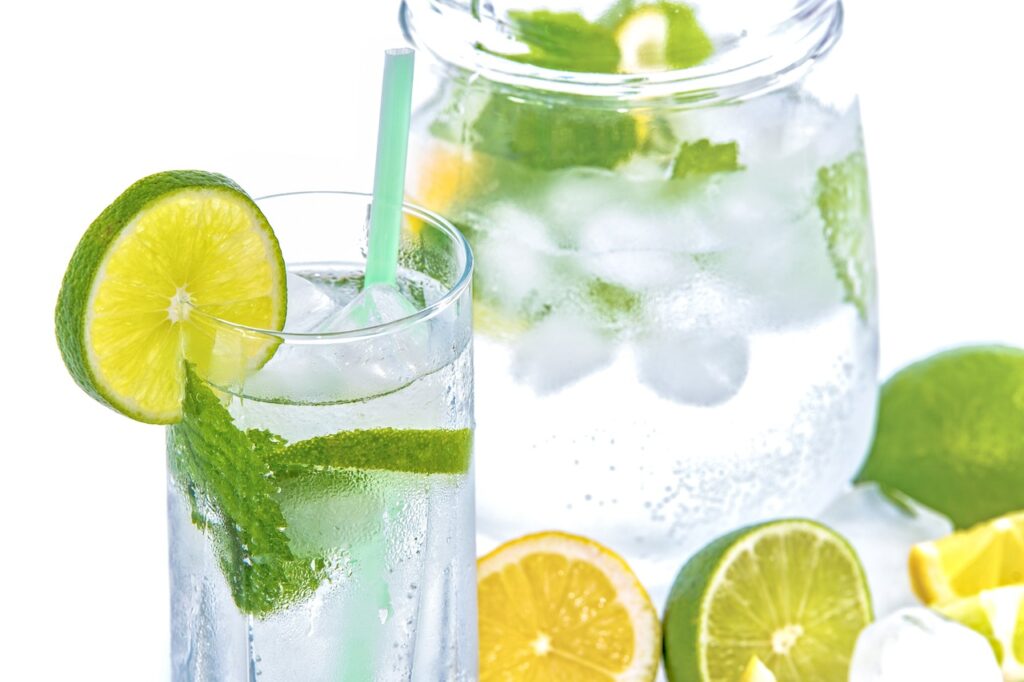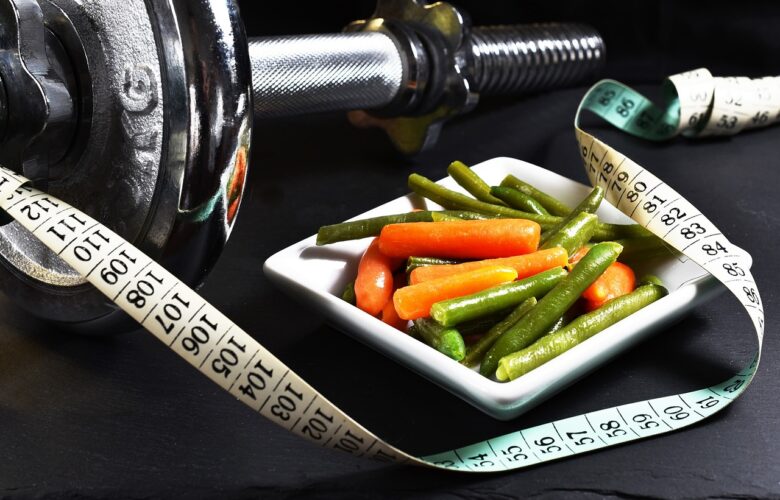Fasting is a great act of self-discipline. When we fast, it feels really good to know that we are feeding our body with life-giving foods and not allowing those unhealthy midnight cravings to get the best of us. Fasting keeps us mindfully conscious about our food choices throughout the day. A few days of fasting can improve energy levels, boost up metabolism and give you more mental clarity than ever before.
Eating causes inflammation in the body, while fasting reduces inflammation, thus lowering obesity risk factors. The benefits may vary depending on “how” instead of “what” you eat when you are not fasting! Here are some points that will help you understand how eating right during non-fasting days will help in weight loss. Remember, you can do a weight loss fasting, but what you eat thereafter eliminates the gains of the fast.
Eating Right
Fasting helps the growth of “good bacteria,” which is called probiotics, and improves intestinal wall absorption by reducing gut permeability. Fasting also reduces LDL cholesterol levels, triglycerides, and blood glucose (sugar), thereby improving eating habits that lead to weight loss. Isolated animal studies have also shown that fasting for 24 hours leads to a 4-7% increase in muscle mass. A recent study has shown that intermittent fasting may improve diabetes (type 2) by decreasing glucose, insulin, and pro-inflammatory cytokines. Fasting also increases autophagy which leads to a reduction in visceral (belly) fat!
Now that we know how fasting can lead to weight loss let’s see what should be our eating habits for non-fasting days.
What should our diet be during non-fasting days?
Sugar is the primary culprit for obesity and many other lifestyle diseases, including heart diseases, diabetes, cancer, and Alzheimer’s disease. It is recommended to limit sugar intake either from normal table sugars or natural sweeteners like honey or agave syrup. Here are some points on how you can manage your sugar intake:
Try to gradually reduce sugar intake: Eliminating processed food is the best way to get rid of added sugar in our diet. If you are not comfortable with an all-out approach, then start by reducing your refined sugars like table sugar, high fructose corn syrup, or any other form of sweeteners. Reduce by 50% every week or month. This will help you gradually lower your daily intake and promote weight loss. Cut back on natural sweeteners like honey, agave nectar, etc. Try unsweetened almond milk: Almond and coconut milk are low in calories, rich in nutrients, and also come free of sugar! Just be careful while choosing the brands, as some might have added sugar or artificial sweeteners.
Say no to sports drinks: High fructose corn syrup is hidden in most fruit juices. When you feel thirsty during your workout, instead of reaching for sports drinks like Gatorade, try water.

Choose healthy beverages: When it comes to beverages like coffee or tea, one should always opt for unsweetened versions, preferably black coffee (which can help with weight loss due to its caffeine content).
If you are fasting to lose weight, pay attention to the foods you eat. Drink water if you’re thirsty and minimize your sugar intake, especially artificial sugars. Choose your beverages wisely and avoid caffeinated drinks during your fast.
Featured Image by zuzyusa from Pixabay
